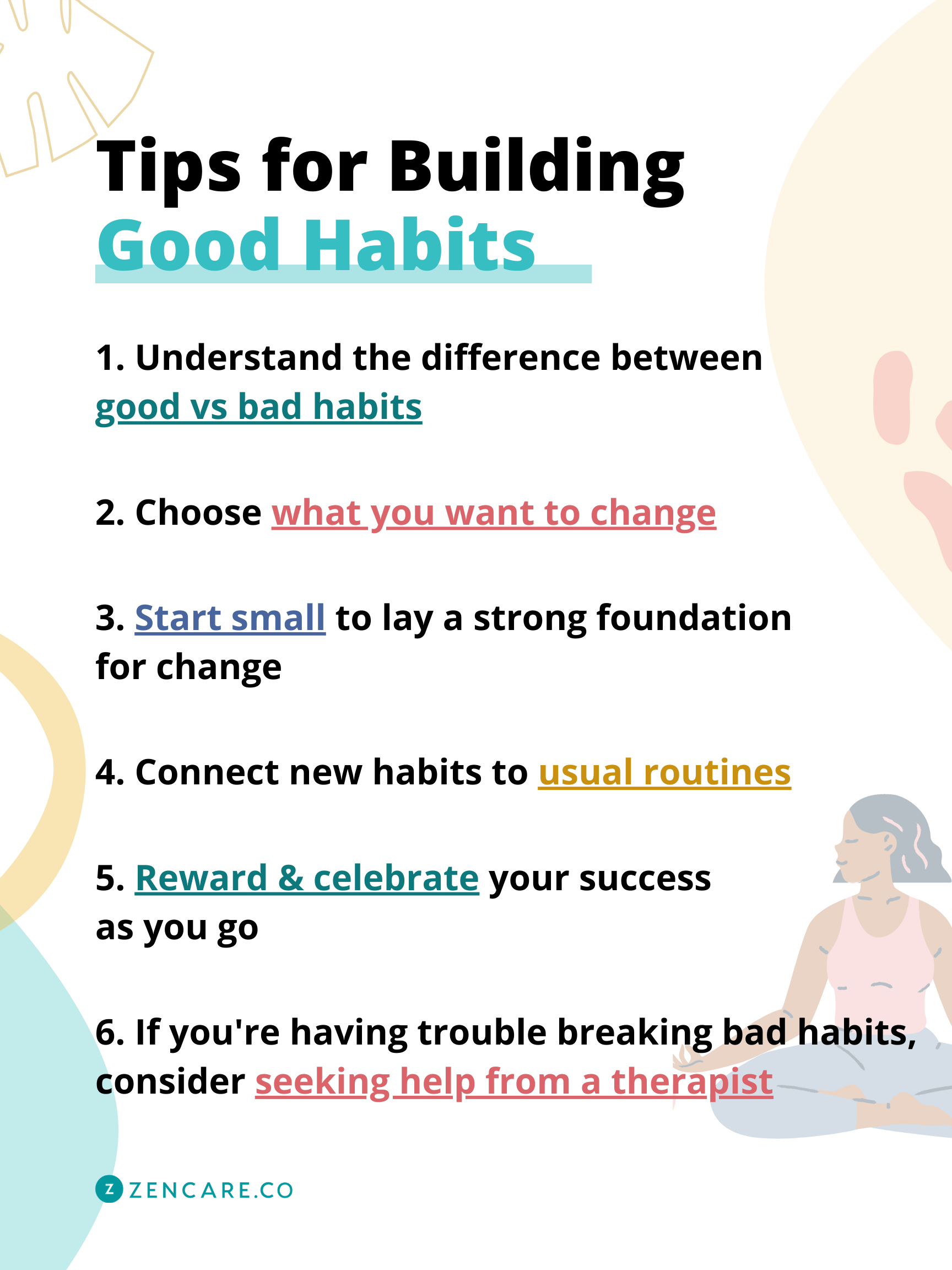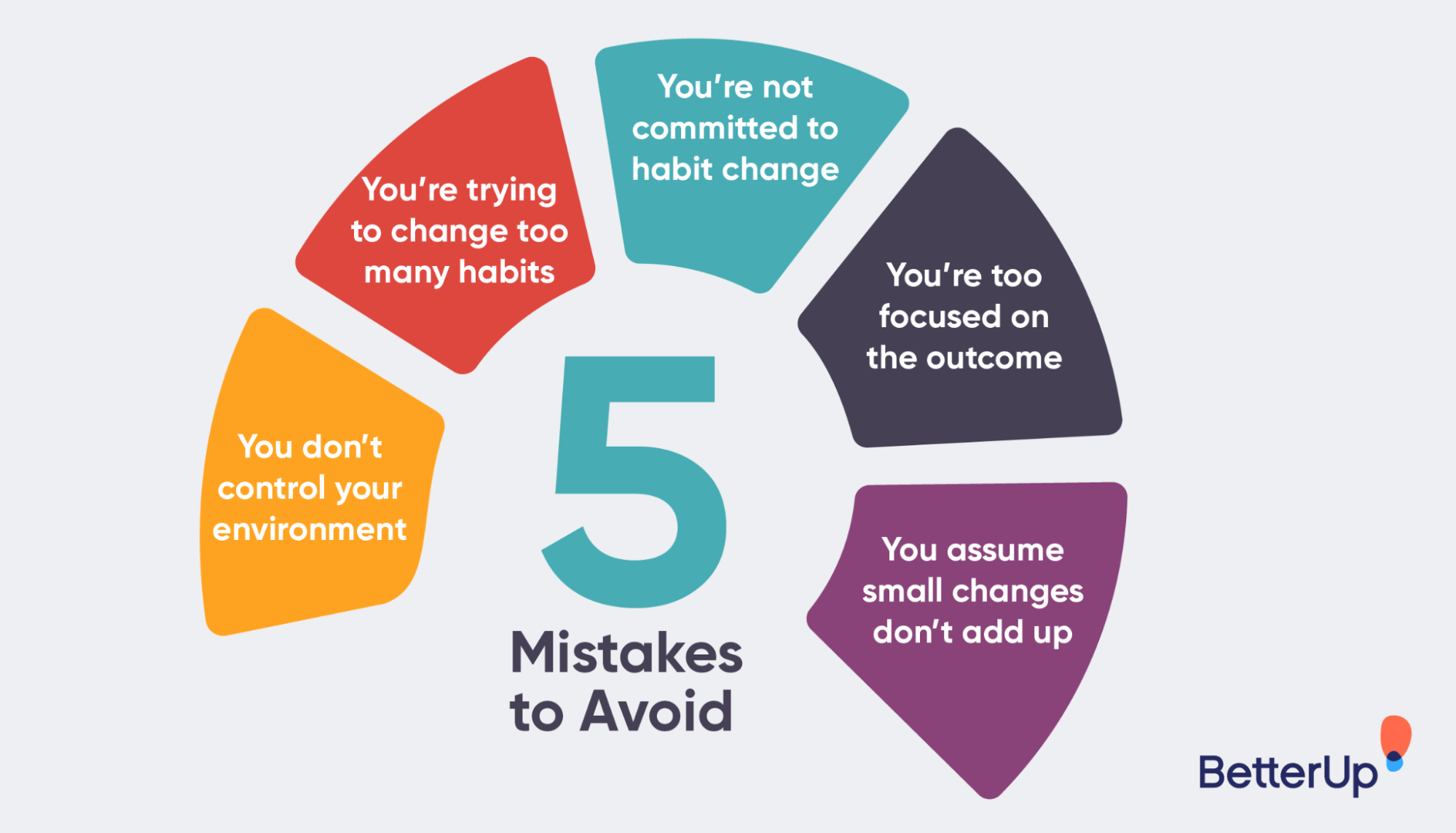Healthy Habits Formation: Your Ultimate Guide to Long-Term Success

Building healthy habits is more than just making resolutions; it’s about creating a sustainable lifestyle. Whether it’s eating better, exercising, or focusing on mental wellness, forming habits plays a critical role in achieving your goals. But why is it so hard to stick to new routines? Let’s dive into proven strategies, common pitfalls, and practical tips to help you succeed.
Why Healthy Habits Matter
Healthy habits are the foundation of a balanced life. They impact your physical health, mental well-being, and productivity. Here are some compelling reasons to prioritize habit formation:
- Improved Mental Clarity: Regular exercise and proper nutrition enhance brain function.
- Disease Prevention: Healthy habits reduce the risk of chronic illnesses like diabetes and heart disease.
- Enhanced Energy Levels: Small changes, like staying hydrated and sleeping well, can boost energy.
Start Small, Dream Big
Many people struggle because they try to overhaul their lives overnight. Instead, focus on micro-changes that add up over time.
Key Principles of Healthy Habit Formation
- Start with “Why”
Identify your motivation. Do you want to feel more energetic? Improve your health? Understanding your “why” gives you a sense of purpose. -
Consistency is King
Habits are formed through repetition. Dedicate time daily to your chosen activity—even if it’s just five minutes. -
Leverage Triggers
Use triggers like brushing your teeth or making coffee as reminders to engage in a healthy habit. -
Track Your Progress
Journals or apps can help you stay on course and measure improvements.

The Science Behind Habit Formation
The Habit Loop
According to Charles Duhigg, habits follow a three-step process:
- Cue: A trigger that initiates behavior.
- Routine: The action or habit itself.
- Reward: The benefit you gain, reinforcing the habit.
For example, if your goal is to run daily:
– Cue: Seeing your running shoes near the door.
– Routine: Jogging around the block.
– Reward: The post-run endorphin rush.
How Long Does It Take?
Contrary to popular belief, it doesn’t take just 21 days to form a habit. Research from University College London shows it takes 66 days on average, depending on the complexity of the habit.
Common Mistakes to Avoid
Even with the best intentions, mistakes can derail progress. Here’s what to watch out for:
- Setting Unrealistic Goals
Aim for attainable milestones. For instance, start with a 10-minute walk instead of committing to a marathon. -
Lack of Planning
A goal without a plan is just a wish. Create actionable steps and schedule time for your new habits.

- Neglecting Flexibility
Life happens, and you might miss a day. The key is to avoid an all-or-nothing mindset. -
Ignoring Accountability
Share your goals with a friend or join a community for support.
Proven Strategies for Success
1. Habit Stacking
Combine new habits with existing ones. For example:
– While brewing your coffee (existing habit), practice gratitude (new habit).
2. Environment Design
Optimize your surroundings. Keep junk food out of sight and place a water bottle on your desk.
3. Celebrate Small Wins
Each milestone deserves recognition. Celebrate with non-food rewards like a relaxing bath or a favorite book.

4. Mindfulness Practices
Incorporate meditation or deep breathing into your routine to reduce stress and enhance focus.
5. Make It Enjoyable
Pair habits with something enjoyable. Listen to audiobooks while walking or watch your favorite show during workouts.
FAQs
How do I stay motivated?
Motivation fluctuates. Focus on discipline and systems. Use visual reminders like habit trackers to stay on course.
Can I form multiple habits at once?
It’s best to focus on one habit at a time to build momentum. Once it becomes second nature, add another.
What if I slip up?
Missing a day doesn’t mean failure. Reflect on what went wrong and resume your routine.
The Role of Technology
Modern tools make habit formation easier:
– Apps like Habitica and Streaks gamify progress.
– Wearables track health metrics, keeping you accountable.
– Online Communities offer motivation and support.
Resource Recommendations
- Explore BetterUp’s Guide to Habits for in-depth insights.
- Learn about the Habit Loop in Charles Duhigg’s book, The Power of Habit.
In Conclusion
Building healthy habits isn’t about perfection; it’s about progress. Start small, remain consistent, and celebrate your journey. Over time, these incremental changes will lead to lasting transformation.
“We are what we repeatedly do. Excellence, then, is not an act, but a habit.” – Aristotle

Take the first step today—your future self will thank you.

